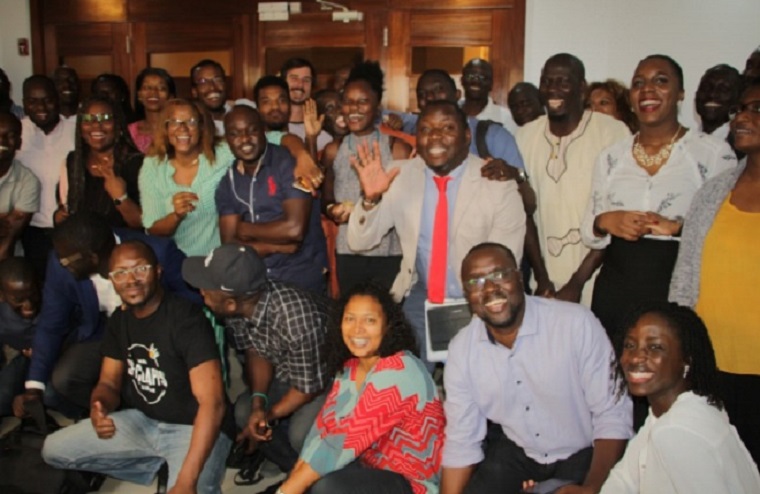Development of Startup Acts, entrepreneurship policies or policy visions are ongoing in at least 10 African countries as efforts continue to legislate to ensure the growth of startup ecosystems on the continent.
The first specific startup law globally was passed in Italy in 2012, while Africa’s first Startup Act was passed by the Tunisian government last year. Both Senegal and Mali are also making progress towards passing startup-focused legislation.
More Startups Acts are in the pipeline, according to Jon Stever, co-founder and managing director of Impact Hub Kigali and catalyst at i4Policy, which is leading the development of new methodologies to engage local communities in national and regional policy design. At least 10 African ecosystems are working on putting such laws together, with i4Policy currently assisting the development of a Ghanaian Startup Act.
Stever says he expects more African countries to follow these examples.
“I think that in a few years the question will be, “how many countries don’t have Startup Acts?”,” he said.
“This year, Smart Africa’s board, comprising 26 African heads of state, requested the Tunisian government to package and share learnings from their Startup Act. Moreover, the work of i4Policy signatories to support policy reforms is multiplying, as are our resources to support the work.”
According to Stever, governments are increasingly recognising that “entrepreneurs are the experts in entrepreneurship”, and can meaningfully contribute to public policy conversations. Before this startups, if addressed at all in legislation, were addressed through SME-focused laws.
“Governments also appear to be increasingly reformist across the continent. Governments are pursuing measures such as Startup Acts, but also pushing bold agendas around regional integration, and I am very optimistic this will continue,” he said.
“The new entrepreneurship-focused public private dialogue formats will continue to emerge, and more national hub networks will form. The use of tools and open forums for policy co-creation at scale will continue to evolve and will become increasingly commonplace across the continent.”
i4Policy hosted several gatherings of innovation hubs that led to the creation of the Africa Innovation Policy Manifesto, which sets out an innovator’s vision for policy, in 2018, will remain at the heart of this process, having so far trained over 100 facilitators in its policy hackathon methodology and supported policy reform processes in 11 countries. Stever said it is in the process of updating and revising the Africa Innovation Policy Manifesto.
“We composed a taskforce of 21 community leaders from 20 countries to lead on the revision process. We have a draft from the taskforce that we’re editing to send for internal consultation amongst hubs, and intend to launch a pan-African online consultation on the manifesto in October,” he said.
It is also putting together a guide to assist the development of future Startup Acts, and open sourcing its policy hackathon methodology.
“We incorporate version control into everything we do, as we incessantly iterate and improve our work-based on new practice-based learnings and research. We are establishing a foundation to support the sustainability of this work, so that our team can dedicate more time to documentation, dissemination of our methodologies and learnings, and expansion of access to our trainings and knowledge,” Stever said.
“The policymaking processes we’re developing are applicable to other sectors and geographies, and we intend to export these civic technologies from Africa to the rest of the world together with our partners.”


